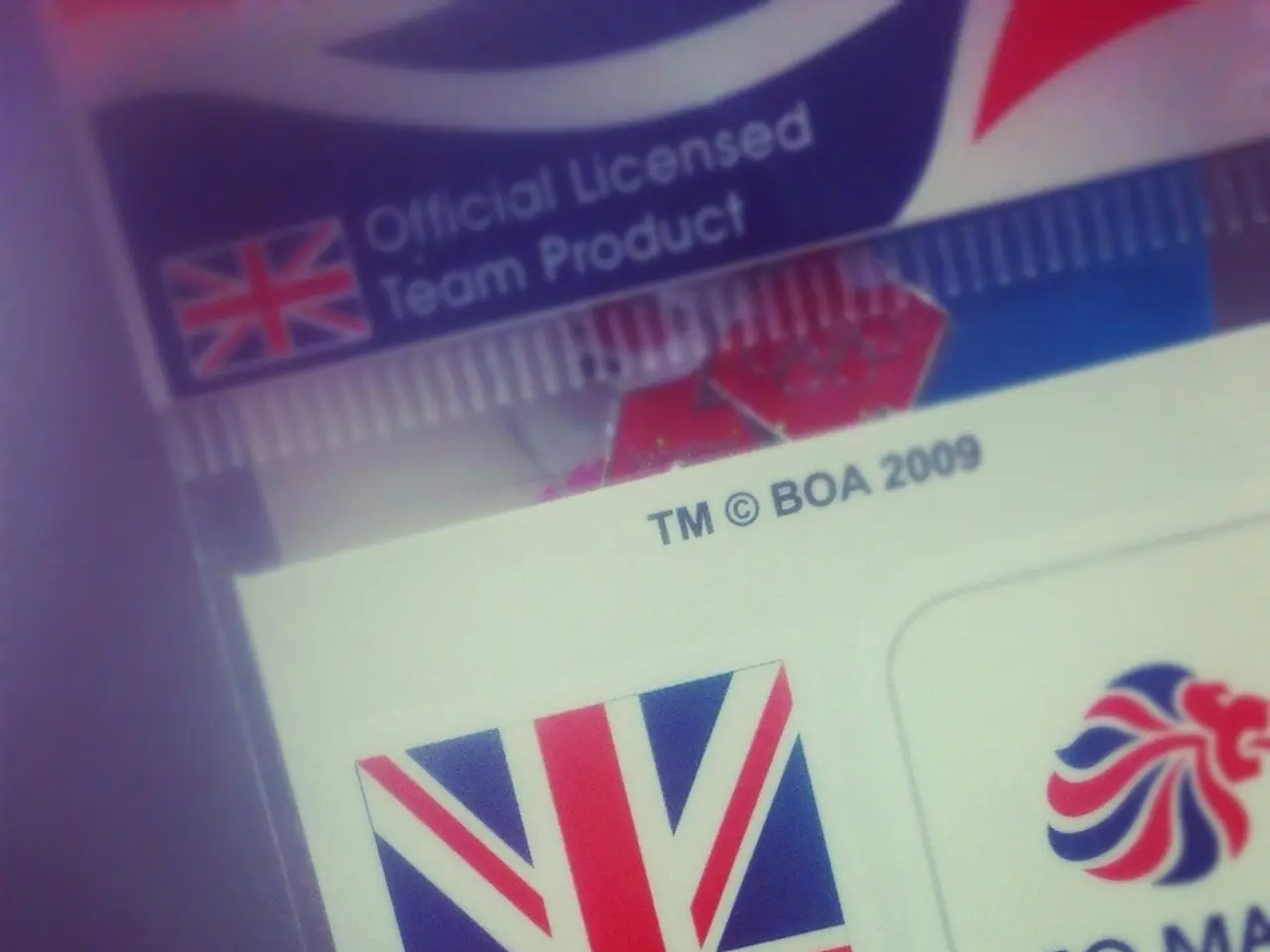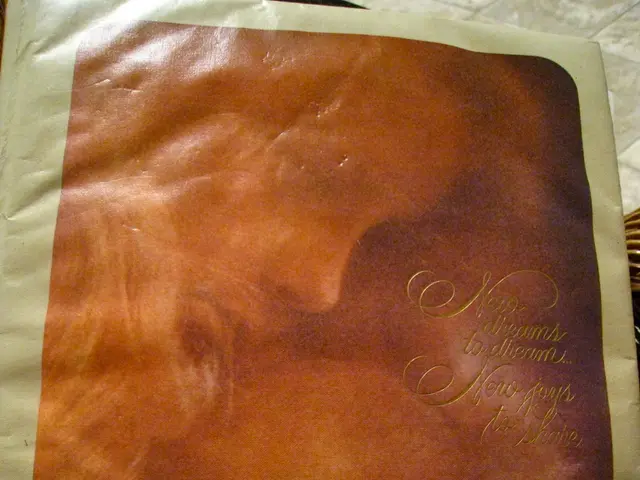Immigration applications in the US to include assessments for anti-American sentiments, with detractors drawing comparisons to McCarthyism's controversial era of communist witch-hunts.
The US Citizenship & Immigration Services (USCIS) has announced a policy update to screen people applying to live or work in the United States for "anti-Americanism." This policy, part of the administration's crackdown on immigration regulations, has raised concerns among immigration experts and lawyers.
In June, the State Department required embassies and consulates to vet student visa applicants for "hostile attitudes towards US citizens, culture, government, institutions, or founding principles." This new policy is reminiscent of McCarthyism, a period in the 1950s known as the Red Scare when authorities prosecuted left-wing individuals amid a widespread public panic over communism.
However, the term "anti-Americanism" is not formally defined in current immigration law, leaving officers considerable discretion in how to apply it. U.S. Citizenship and Immigration Services (USCIS) instructs immigration officers to vet applicants for any "involvement in anti-American or terrorist organizations" or evidence of "anti-American" or antisemitic activity.
The policy refers back to the 1952 Immigration and Nationality Act (INA) as a framework, which historically banned members of communist parties, advocates of world communism, those opposing organized government, or those seeking to overthrow the U.S. government by force or violence. However, the term "anti-Americanism" itself is not explicitly defined in the new policy or the INA.
USCIS emphasizes that immigration benefits are a privilege and states that people who "despise the country and promote anti-American ideologies" should not receive such benefits. Critics note the vagueness of the term and the potential for subjective interpretation in denying benefits based on this screening.
Many individuals are concerned that the vague wording and lack of clear definition could give immigration officers broad powers. Immigration experts and lawyers are worried that the policy update could open the door for stereotypes, prejudice, and implicit bias to influence decisions.
Online forums are debating what constitutes "anti-American" following the USCIS policy update. One Reddit post questions whether being against the recent strike in Iran or being in favor of a ceasefire in Gaza could be considered "anti-American" or "antisemitic."
The social media vetting, which was introduced in June, will be expanded to include searches for any "anti-American activity." Migrant workers are worried that the policy update could lead to further crackdowns on immigration, regardless of genuine threats.
Jane Lilly Lopez, associate professor of sociology at Brigham Young University, states that the policy update means individuals will have to do more work to provide evidence that they meet the new standards. Aaron Reichlin-Melnick, a senior fellow at the American Immigration Council, states that the term "anti-Americanism" has no prior precedent in immigration law and its definition is entirely up to the Trump administration.
Steven Brown, an immigration attorney based in Houston, posts on X that "American values" are a subjective standard not found in the INA. The Associated Press reports Lopez's concern that the policy update could lead to more work to provide evidence that meets the new standards.
U.S. Secretary of State Marco Rubio attended a Cabinet Meeting with U.S. President Donald Trump at the White House on July 08, 2025, and the policy update is likely to be a topic of discussion. The State Department has revoked more than 6,000 student visas this year, indicating a significant impact of the new policy.
In sum, the Trump administration's definition of "anti-Americanism" in immigration screening is not explicitly or precisely defined. Officers have broad discretion to interpret evidence of anti-Americanism during vetting. The policy applies to all immigration benefits including work permits, green cards, and naturalization applications. This policy is part of a broader Trump-era immigration clampdown emphasizing ideological scrutiny and national security considerations in immigration vetting processes.
Read also:
- United States tariffs pose a threat to India, necessitating the recruitment of adept negotiators or strategists, similar to those who had influenced Trump's decisions.
- Weekly happenings in the German Federal Parliament (Bundestag)
- Southwest region's most popular posts, accompanied by an inquiry:
- Discussion between Putin and Trump in Alaska could potentially overshadow Ukraine's concerns








